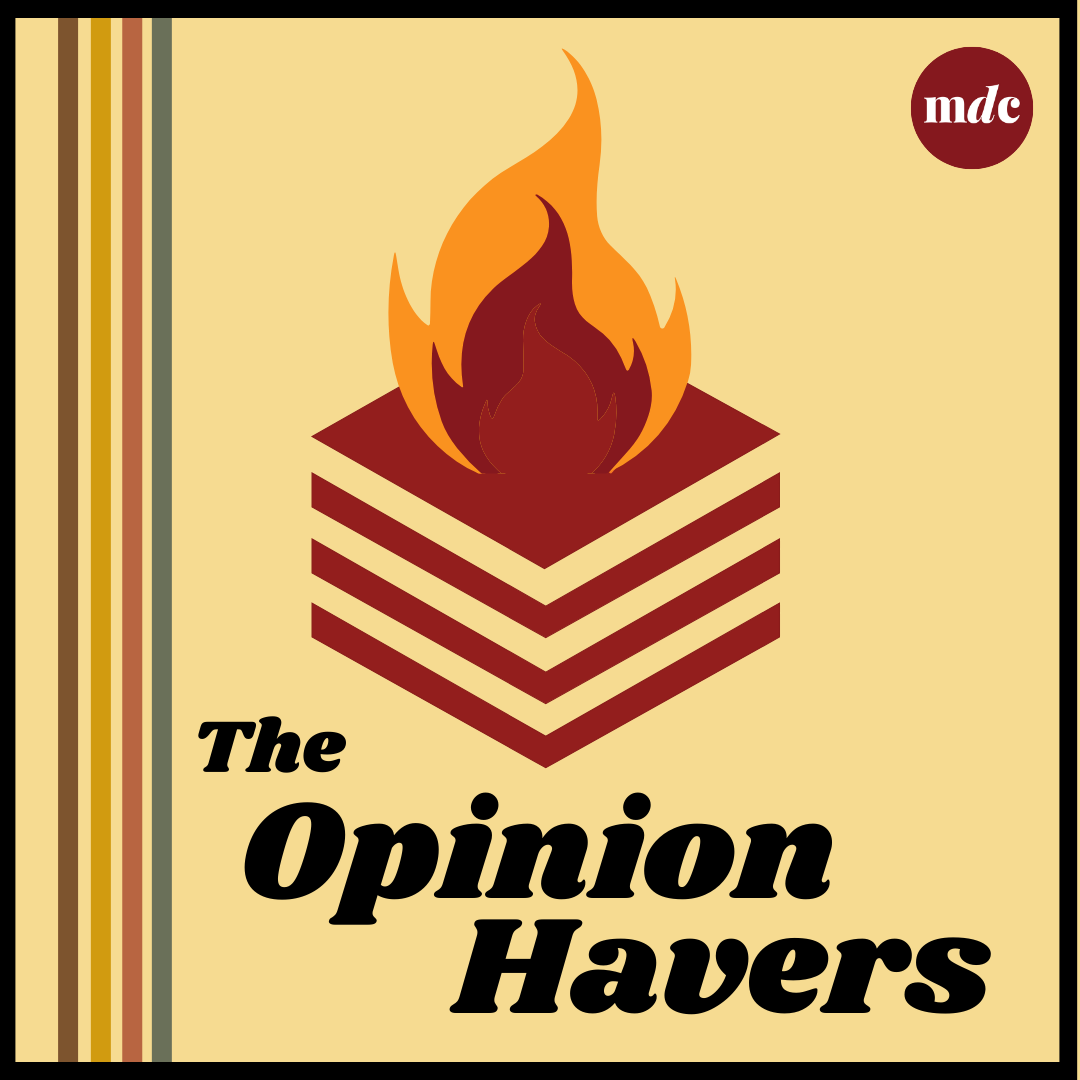Facebook is an online social networking utility that allows users to share personal profiles with pictures, text and lots of personal information. Despite the fact that this pandemic phenomenon is so popular that it now doubles as a verb, a recent upsurge in interest is not all positive. Despite FB’s presidential debate sponsorship and new alliance with Apple, its spot atop the American popularity charts has been brought into question by recent news.
Via FB, most of us voluntarily make the following information accessible online: Our favorite media, addresses, birthdays, contact info, our sexual orientation, jobs, daily schedules, pictures and familial and social relationships are all available in the public domain. But most of us are not aware that FB does not and cannot legally reserve our lifelines solely for “friends.”
According to the FB terms of service, by posting content on any part of the Web site users agree to grant FB the irrevocable right to use and distribute the content, and to authorize sublicenses therein.
Here’s a “status update”: While FB claims to stop short of disclosing identities to third-party marketers, FB is providing information about preferences to marketing agencies. It may not bother you that the advertising group Omnicom can contribute to FB’s $100 million annual revenue and know about a bisexual conservative female from a small town in Western Massachusetts whose interests include shopping at the GAP and drinking Starbucks, but that’s not the whole of the “honesty box” on “where her info’s been.”
Consider that users’ private information and pictures are liable to be compromised by the Protect America Act or illegal intelligence-gathering performed on Americans by telecommunications firms at the behest of the National Security Agency, as was done for the last few years. Is “wire-tapping” one word or two in “scrabulous?”
This frightening reality surpasses the predictable responses by reputable organizations like the University of Daytona, which warned its student body to leave off FB any evidence that might lead to students being punished exclusively for pictures or information posted. Imagine your questionable spring break bikini photos being scrutinized by not only your “top friends” but also the University Judiciary Committee and the guys in the Defense Advanced Research Projects Agency (DARPA).
At the risk of sounding like an alarmist, I do believe we need to recognize a fundamental difference between posting our most recent escapades for friends and potentially revealing sensitive information to unidentified third parties, including the Orwellian Information Awareness Office of DARPA.
Imagine the perfectly plausible scenario in which you are communicating via FB to a sibling partying in Cancun or a friend studying in Cape Town. Pursuant to the expansion of the Patriot Act-enhanced Foreign Intelligence Surveillance Act, your “post” will have been viewed and downloaded than the Paris Hilton sex tape.
Couple these disturbing civil liberty violations with the recent news surrounding FB withdrawal. I’m not describing the theatrical condition of forlornness from Facebook detachment, but instead of the near-impossible act of deleting your account.
In other words, your current gal-pal will have long forgotten about that “naughty poke” to the ex before your information is given up by the FB.
While perusing the site, it did not escape my attention that private information is given out to partners such as Microsoft (which currently owns two percent of FB private stock), or if FB is acquired by another corporation. FB has about 64 million active users, and amazingly the FB group “How to permanently delete your Facebook account” has over 10,000 members.
At present, even if one can manage to permanently delete one’s profile, the content of said profile will remain property of FB indefinitely. In a nutshell, it’s harder to lose Facebook than a DungeonMaster’s virginity.
Additionally, FB purports in its privacy policy to use information collected from other sources, including but not limited to newspapers and online blogs to supplement profiles. This may mean, as in the case of November 2007’s “Beacon” application, that a users’ friends are notified about online purchases without the users’ consent.
Saying one has nothing to hide is not grounds for an unconstitutional intrusion in the form of data mining and surveillance. Pusillanimous pundits may pontificate from paper pulpits, but perhaps purveyors of privacy will pull together and prevent this putrid profiling practice. These services are at once fun and useful, but with our backs up against the ‘wall’ we had better know who’s leering at our online offerings.
Matthew R. Janko is a collegiate gadfly and alliteration aficionado. He can be reached at [email protected]






